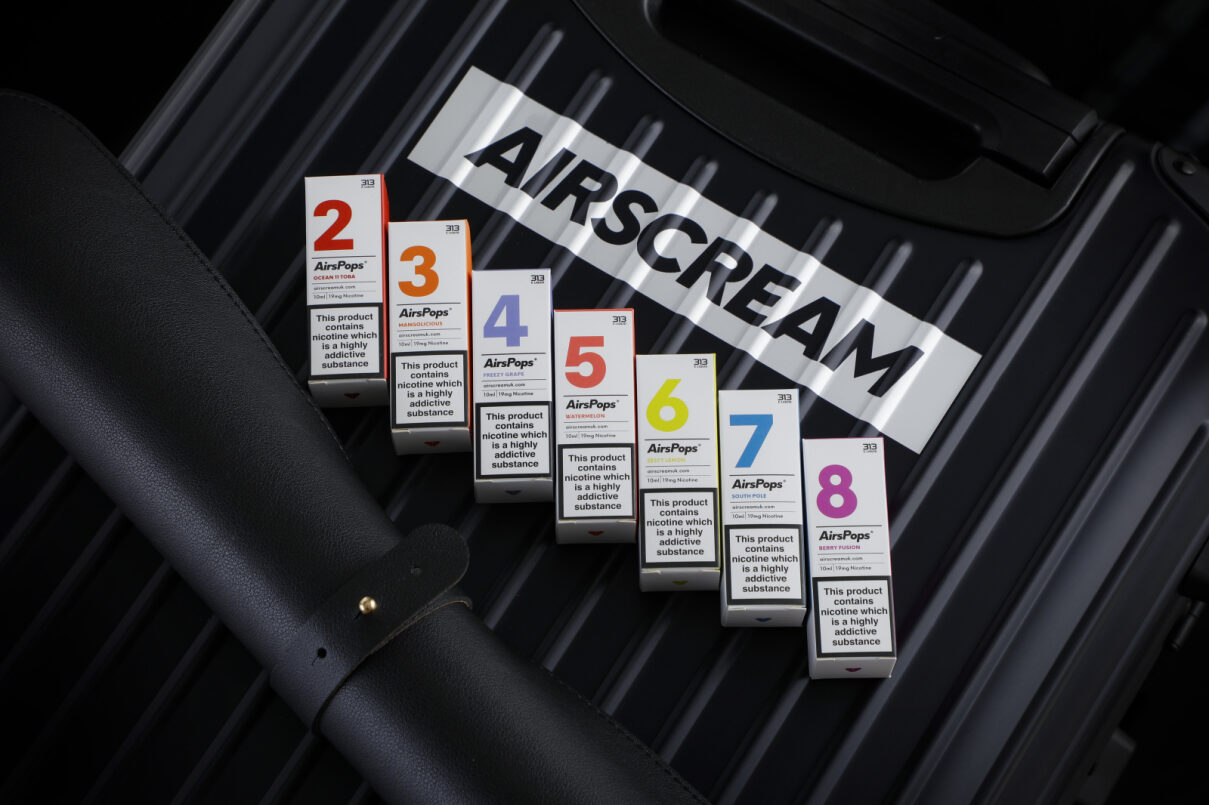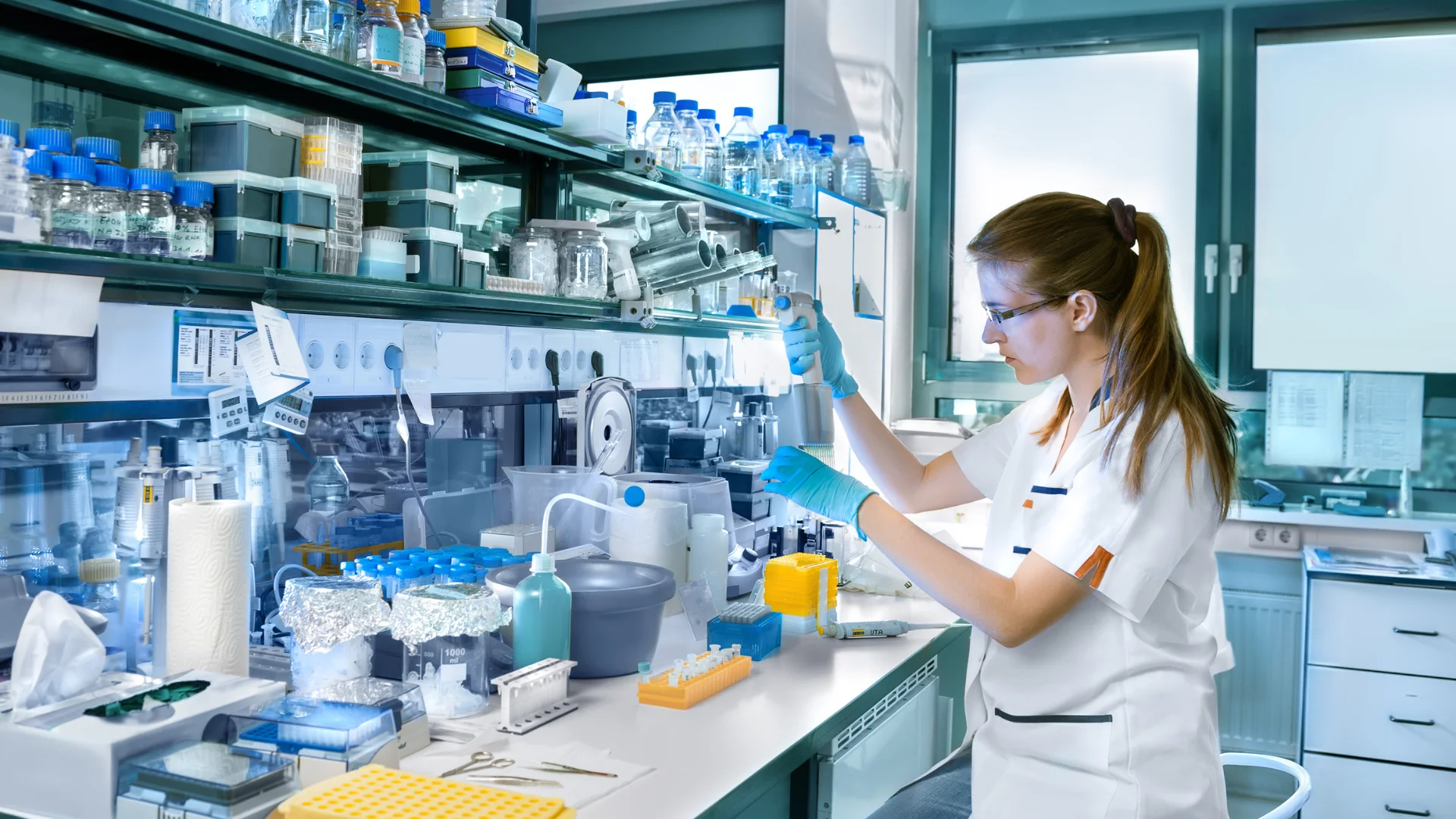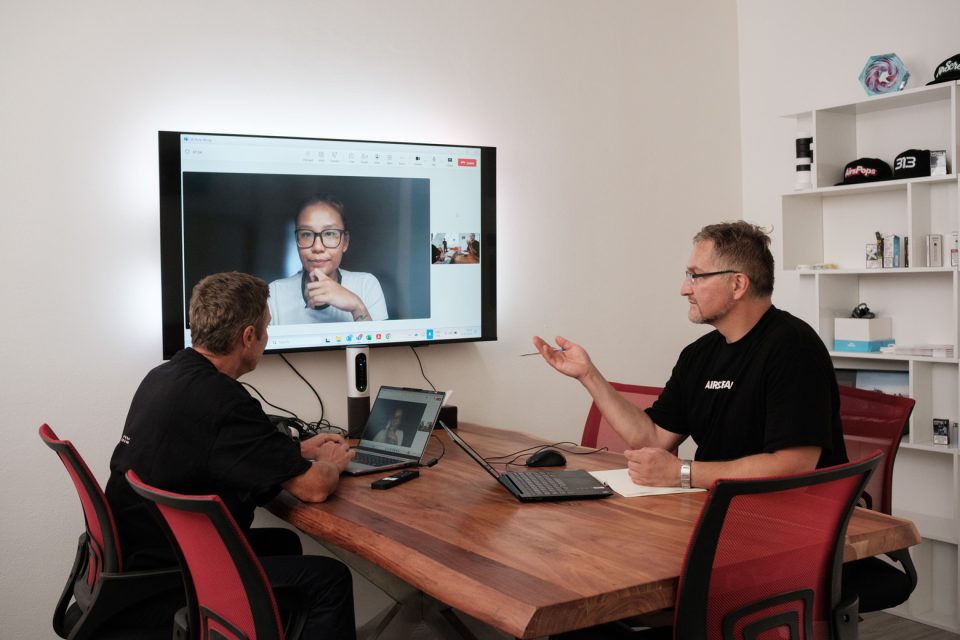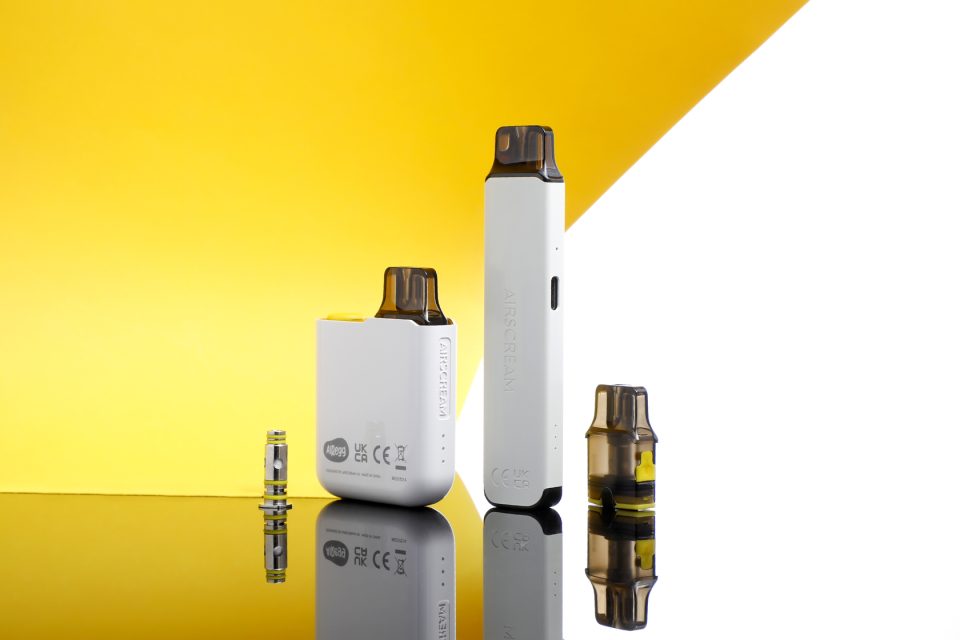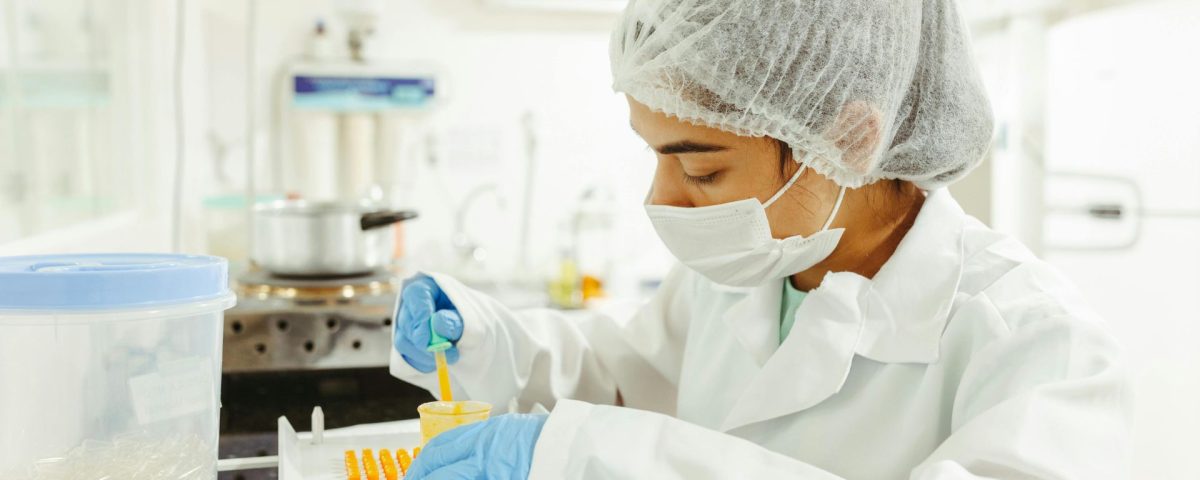
Blog
When Labs Say No: Corporate Risk Policies Create Safety Barriers for Legal Vape Products
17 October, 2025

In an industry that demands compliance and safety, one would expect legitimate players of the industry to have clear access to testing and certification. Yet, the irony is that the companies trying hardest to do things right are often the ones left with no compliant way forward.
Across the board, independent laboratories, even those accredited for chemical analysis, are refusing to test e-liquids. For most brands, this barrier starts with something deceptively simple: the inability to obtain a flash point; a key physical property required to classify whether a product is flammable under Safety Data Sheet (SDS) regulations.
Without that data, an e-liquid can’t be properly classified for storage or transport. And when theoretical calculations are used instead of lab-confirmed results, it introduces uncertainty—and, potentially, risk. Misclassification in this context doesn’t just breach paperwork standards; it could lead to transport mishandling, safety incidents, or regulatory violations.

A System That Refuses to Help
The actual challenge isn’t that the science doesn’t exist, it’s that independent labs simply refuse to apply it. For most major, accredited laboratories, the refusal is driven not by safety, but by a corporate “risk management” policy. This policy often dictates that the potential for legal liability or reputational damage associated with the vaping industry outweighs the revenue from testing. This is why many decline to test e-liquids outright, citing internal restrictions against handling nicotine or avoiding the sector entirely due to its “controversial” reputation.
The outcome is a quiet stalemate: legal companies wanting to comply cannot get the basic data required to do so. Without verified flash points, viscosity data, or accurate physical measurements, their products remain technically unclassified. Some resort to educated estimates, but theory cannot replace empirical data.
This deadlock means that even the most transparent and responsible brands are forced to navigate compliance on assumptions, while unregulated manufacturers continue to operate unchecked.
The Regulatory Irony
It’s a strange twist of policy: the frameworks designed to ensure product safety are, in practice, making it impossible for the most legitimate players to comply. Laboratories protect themselves by corporate risk policies and denying service, regulators insist on certified data, and manufacturers are caught in the middle, trapped in a never-ending loop of accountability without access.
This causes an uneven playing field. Brands that choose compliance face delays, higher costs, and limited routes to certification. Meanwhile, non-compliant operators bypass testing altogether and flood the market with unverified, unsafe products. This not only undermines industry credibility but also raises the broader risk for consumers, which are the very people that regulation is meant to protect.
The Need for Access, Not Avoidance
If public safety truly matters, access to accredited testing should not be selective. Regulators and laboratory networks must recognise nicotine-containing products as part of a legitimate chemical industry that are subject to the same scientific and analytical processes as any other consumer product.
Testing physical properties such as flash point, viscosity, and density is not an endorsement of vaping; it’s a commitment to accurate classification, transportation safety, and regulatory integrity. When labs refuse service based on a risk-averse corporate policy, they don’t distance themselves from controversy, they amplify it by forcing responsible brands into non-compliance.
Why AIRSCREAM Pushes for Science-Based Regulation
At AIRSCREAM, we believe that good science should support good regulation. The vape industry cannot evolve responsibly if it is denied access to the very systems that enable compliance. Through our platforms airspops.com and inklordsvape.com, we advocate for transparent, science-backed standards that make sense in the real world.
Safety and accountability start with data, not theory. Until laboratories are empowered, or required, to test e-liquids objectively, the industry will continue to face a paradox, where compliance is demanded but structurally impossible.
For regulation to work, every part of the chain must function, from manufacturers to regulators to the labs in between. Refusing to test e-liquids doesn’t protect consumers; it leaves them exposed to uncertainty.
As a company built on responsibility and innovation, AIRSCREAM continues to champion testing access and evidence-based standards. We invite regulators, laboratories, and fellow manufacturers to do the same. Because real safety isn’t achieved through avoidance, it begins with understanding, and understanding begins in the lab.
For products you can trust and brands that stand by science, explore airspops.com and inklordsvape.com, where responsibility is not just a value, but a standard.


